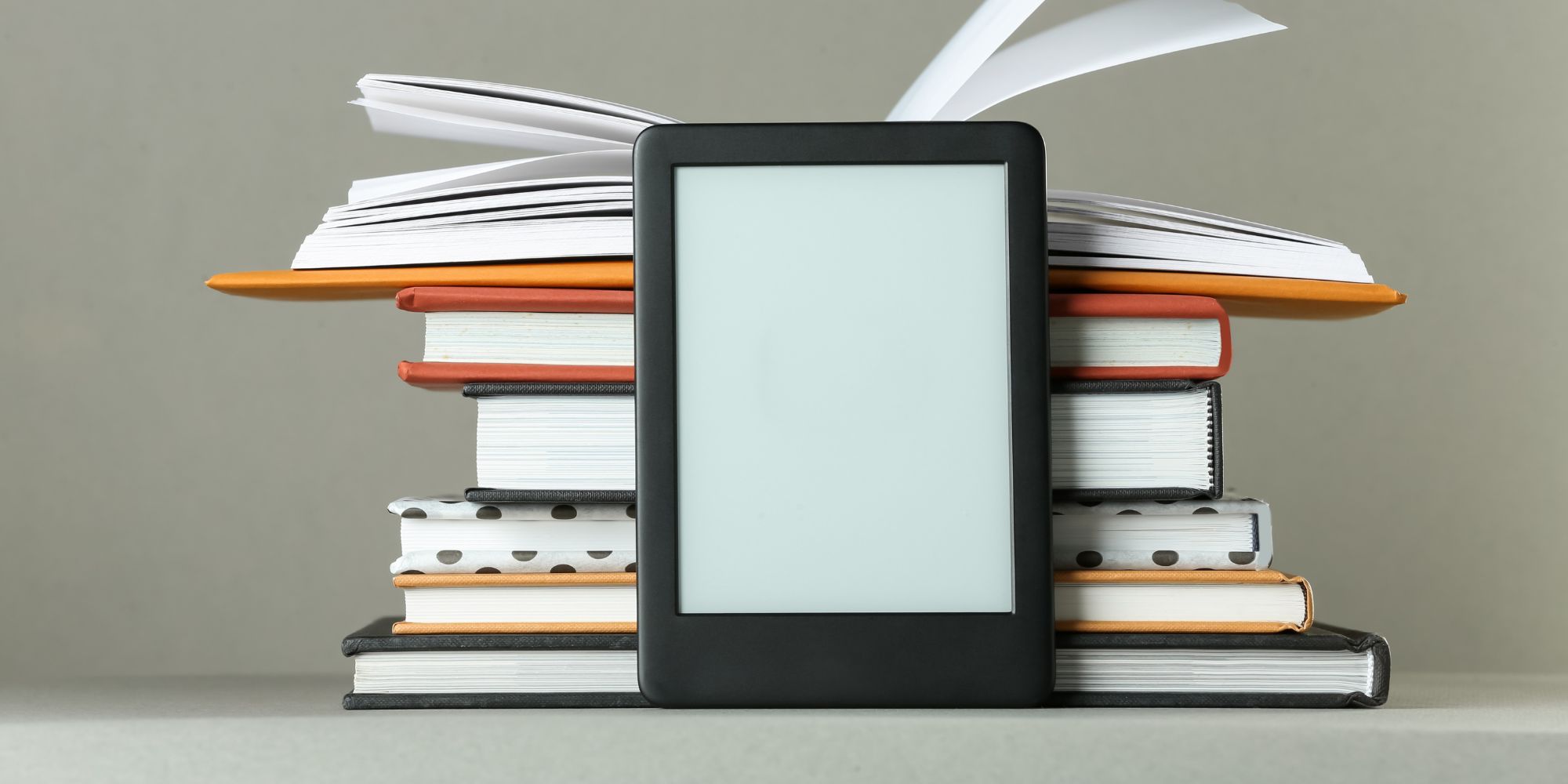If you’re an avid reader, you’ve probably noticed the growing popularity of e-readers. You might be wondering whether to stick with your beloved traditional books or switch to an e-reader. Well, let’s have a friendly chat about the pros and cons of both options, especially for us seniors who cherish our reading time.
The Charm of Traditional Books
Ah, the smell of a new book! There’s something uniquely comforting about holding a physical book in your hands. Traditional books have been our loyal companions for decades and for good reasons.
Pros of Traditional Books
- Tactile Pleasure: The feel of the paper, the act of turning pages, and even the weight of the book add to the reading experience. It’s a sensory delight that’s hard to replicate.
- Nostalgia: For many of us, books bring back memories of times spent in libraries or cozy reading nooks. They connect us to our past and have a sentimental value.
- No Need for Power: Books don’t run out of battery. You can read them anytime, anywhere, without worrying about recharging.
- Ease on the Eyes: Reading printed text can be easier on the eyes, especially if you’re sensitive to screens or suffer from conditions like dry eyes or headaches from prolonged screen use.
- Physical Collection: There’s a certain pride in displaying a collection of books on a shelf. It’s a visual testament to your reading journey.
Cons of Traditional Books
- Space and Weight: Books can take up a lot of space and become quite heavy, especially if you’re reading a hefty novel or carrying multiple books on a trip.
- Accessibility: For those with visual impairments, traditional books might not be the easiest to read. Large print books are an option, but they’re not always available.
- Durability: Books can wear out over time. Pages can tear, spines can break, and covers can get damaged.
The Allure of E-Readers
E-readers have burst onto the scene with promises of convenience and modern technology. Devices like Kindle and Kobo are becoming increasingly popular, and here’s why they might catch your fancy.
Pros of E-Readers
- Portability: E-readers are lightweight and can store thousands of books. This makes them perfect for travel or if you prefer to read multiple books at once without the bulk.
- Adjustable Text Size: One of the biggest advantages is the ability to adjust the font size. This is a game-changer for those of us with diminishing eyesight.
- Built-In Light: Many e-readers come with adjustable backlighting, allowing you to read in low light conditions without straining your eyes or disturbing others.
- Customizable Settings: You can adjust the brightness, contrast, and even the background color to suit your reading comfort. Some e-readers also have features to reduce blue light, which can help with eye strain.
- Dictionary and Notes: With a tap, you can look up definitions, make notes, and highlight text. This can be particularly useful if you enjoy learning new words or want to remember specific passages.
- Instant Access: You can buy and download books instantly from the comfort of your home. No need to wait for delivery or make a trip to the bookstore.
Cons of E-Readers
- Learning Curve: If you’re not tech-savvy, getting used to an e-reader might take some time. However, most devices are designed to be user-friendly.
- Battery Life: While e-readers generally have good battery life, they still need to be charged. It’s another device to keep track of.
- Screen Fatigue: Despite the advancements in screen technology, some people might still experience fatigue or discomfort from prolonged screen use.
- Initial Cost: E-readers can be a bit pricey upfront, though they can save money in the long run with cheaper e-books.
Making the Choice
So, which is better? The truth is, there’s no one-size-fits-all answer. It largely depends on your personal preferences and lifestyle.
Considerations
Comfort and Convenience: If you value the feel of a physical book and don’t mind the space they take up, traditional books might be your go-to. On the other hand, if you travel a lot or like having a variety of reading material at your fingertips, an e-reader could be more convenient.
Eye Health: If you have specific eye conditions, consult with your eye doctor. They might recommend one over the other based on your individual needs.
Technology Comfort Level: If you’re comfortable with gadgets, an e-reader can open up new ways to enjoy reading. If not, there’s no harm in sticking with what you know and love.
Hybrid Approach
Many seniors find that a hybrid approach works best. You don’t have to choose one over the other. You can enjoy the best of both worlds by using e-readers for certain situations, like travelling, and sticking to traditional books when you’re at home.
Final Thoughts
At the end of the day, whether you choose e-readers, traditional books, or a mix of both, the most important thing is to keep reading and enjoying the stories and knowledge that books bring into our lives. Happy reading, and may your literary adventures be ever delightful!

